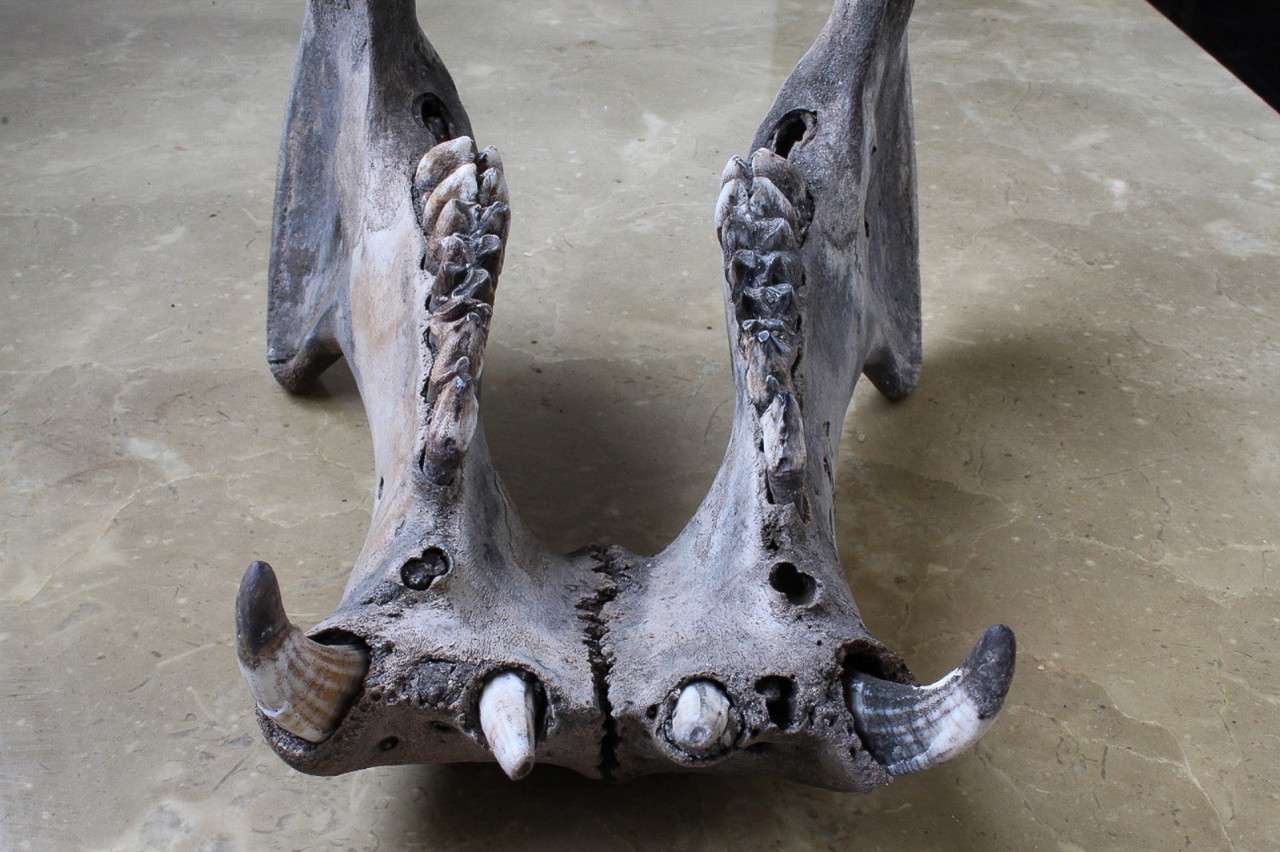
Earth.com: Dwarf hippos in Madagascar preferred forests
UC research highlights importance of forests on African island
Science writers highlighted the University of Cincinnati's insights into an extinct hippo that once roamed the island of Madagascar in Africa.
UC College of Arts and Sciences Professor Brooke Crowley led a team of researchers who used isotopic analysis to discover that extinct dwarf hippos were feeding on sedges and leaves in forests rather than on grass on open savanna like their mainland cousins today.
The findings suggest grasslands in Madagascar are a relatively recent change facilitated by people rather than a natural habitat sustained in part by hippos. The study was published in the journal Plants, People, Planet.
Earth.com noted that Malagasy hippos are far smaller than common hippos found on the mainland. They likely resembled pygmy hippos that likewise live in forests in West Africa.
Common hippos travel overland each night to graze on grass. Studies have found their foraging helps support grasslands, preventing the succession of other types of plants.
UC's study suggests that Malagasy hippos had little influence over grasslands found on the island today.
Featured image at top: A newborn baby pygmy hippo named Petunia was born in December at the Metro Richmond Zoo. Like extinct dwarf hippos, pygmy hippos live in forests. Photo/Metro Richmond Zoo

An isotopic analysis of bones found that dwarf hippos in Madagascar lived in forests rather than grasslands. Photo/Karen Samonds
Related Stories
Earth.com: Dwarf hippos in Madagascar preferred forests
July 14, 2023
Earth.com and other science media highlight UC's discoveries about extinct hippos in Madagascar. An isotopic analysis found that dwarf hippos were not grazers of grasslands but instead preferred sedges and leaves in forests. This demonstrated the importance of forests to endemic wildlife on the island.
WVXU: UC finds pollution in ancient Maya reservoirs
August 6, 2020
A study by experts across disciplines at UC found that ancient Maya reservoirs in Tikal were polluted with toxic cyanobacteria and mercury, which likely hastened the demise of the ancient city during droughts. UC biology professor David Lentz tells Cincinnati Edition the findings could help explain the mystery of why people abandoned the city.
NPR: Excavations reveal sophisticated Mayan water filtration
November 9, 2020
Weekend Edition's Scott Simon interviews UC researchers who discovered that the ancient Maya used sophisticated water filtration system at Tikal.
